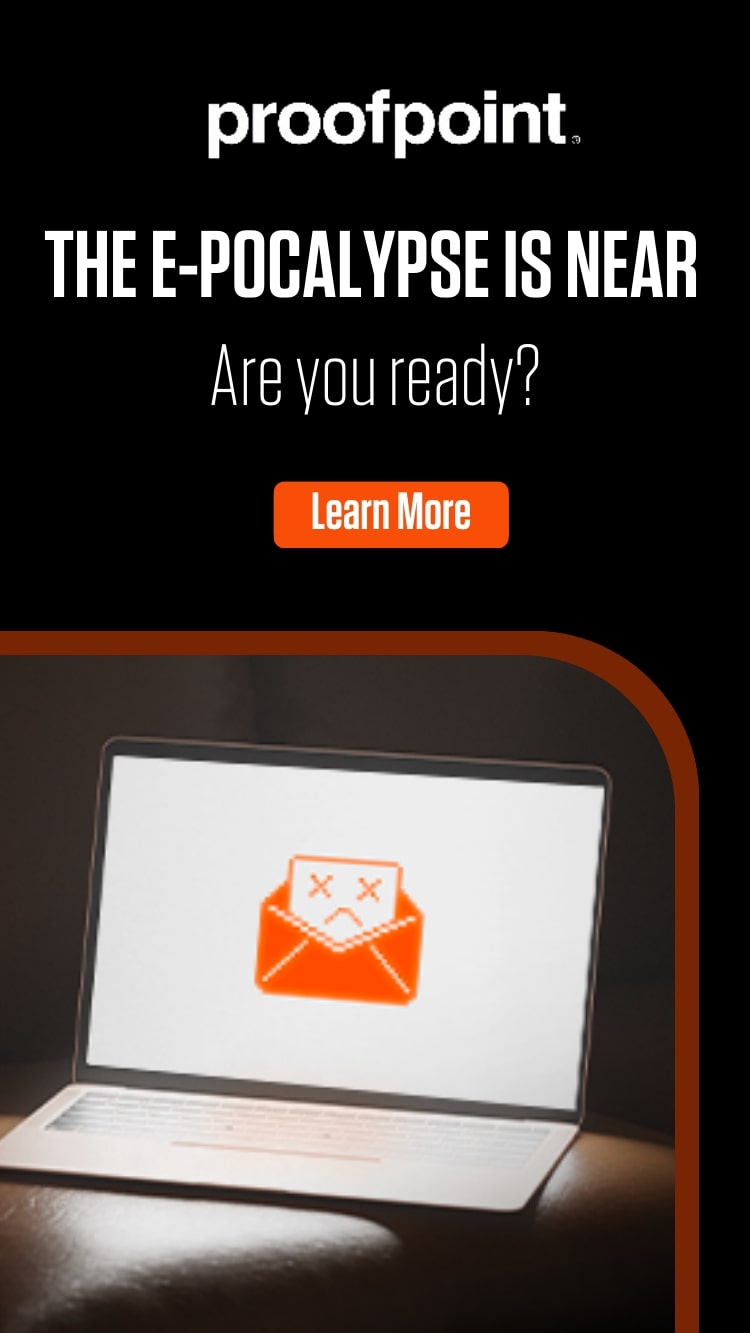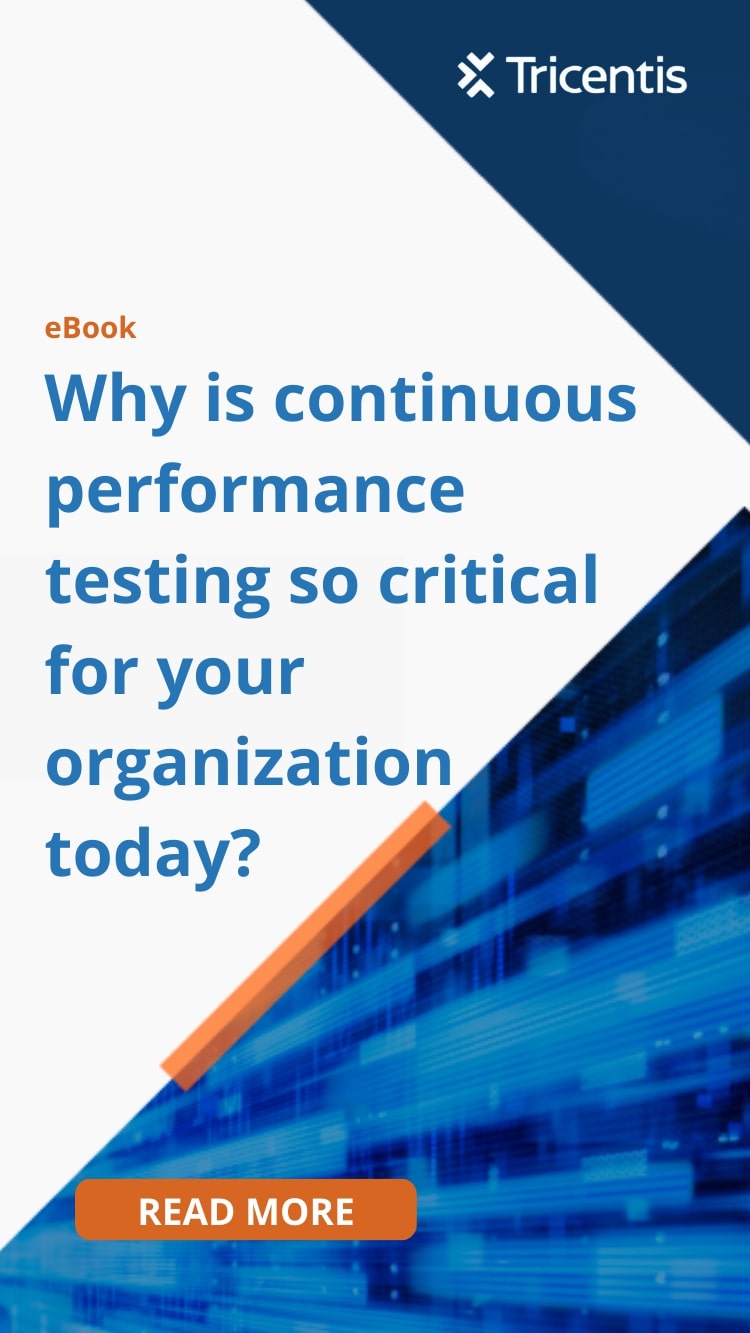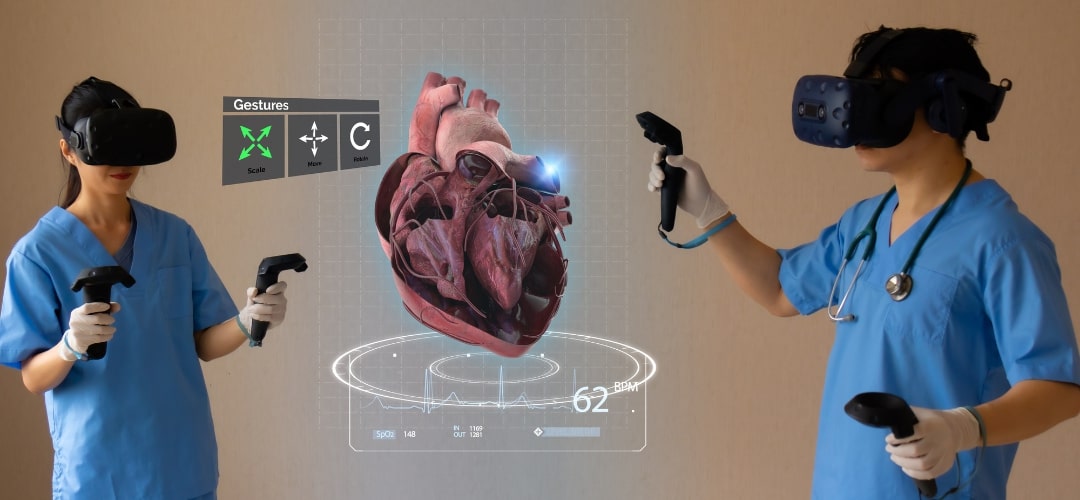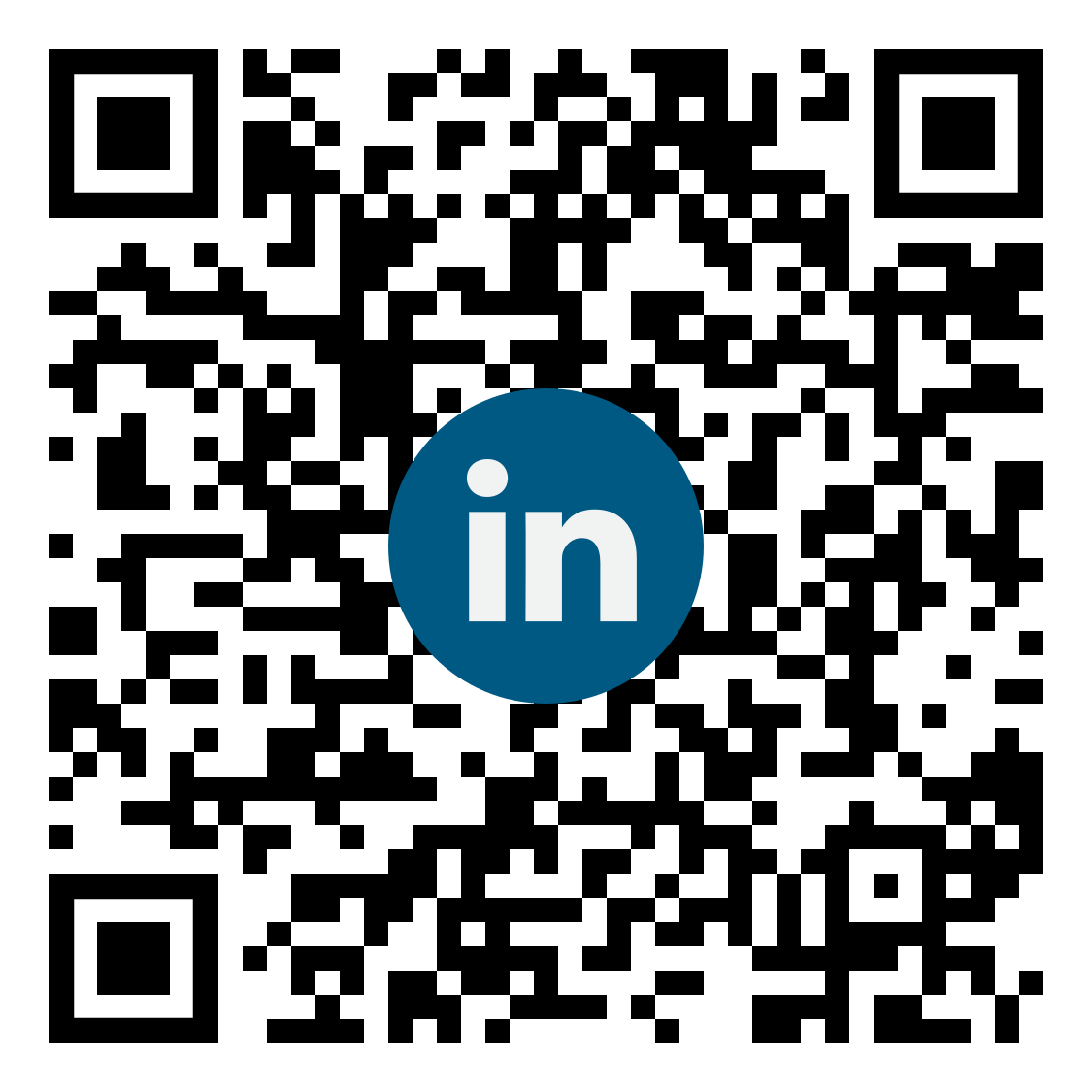Sudden shocks and crises that precipitate a sudden death are routine in business. For instance, a major conglomerate may face ruinous fines over a major data breach. A pharmaceutical firm, with its major clinical trial aborted, may resort to mass-layoffs overnight. Most airlines and travel agents found their business shut because of COVID19 shutdowns and border closings.
For employees, sudden shocks or disruptions lead to poor health, illness, and even mortality. Unaffected employees, who see their co-workers terminated lose sleep, and have difficulty concentrating. The tension over the next paycheck and the uncertainty cause mental trauma and distress.
Stress is a natural response to trauma. But 70% of those who experience stress from traumatic events also experience post-traumatic growth (PTG). When people struggle with adversity, post-traumatic growth, a transformative positive change, often kicks in. A seismic event causing an abrupt halt often sets the stage for a reset, with the opportunity for a fresh, new beginning. It triggers a relook into existing business models, competencies, and skill-sets.
This tech blog lists five ways enterprises facilitate employees to leverage post-traumatic growth and convert crises into growth opportunities.
Facilitate New Paradigms and Innovation
Often the crisis or trauma is due to shocks in the external environment that demolish the accustomed way of work and existing paradigms. Individuals and enterprises who improvise to get the job done, or innovate new paradigms make a quick rebound.
The immediate aftermath of the seismic event which triggers the trauma-mode remains fluid. Several options flout in the air, each with uncertain outcomes, and with doubts about sustainability. Effective leaders take command and lend method to the madness.
Consider the case of marketing and sales. The advances of digital technology notwithstanding, most high-value customer transitions take place face-to-face. The COVID-19 crisis disrupted such engagement. Resourceful enterprises adapted by engaging with clients via secure web conferencing. While the move satisfies most clients, some remained challenged. Smart marketers and sales personnel hand-held their clients to cope with the new digital normal.
Resilient enterprises promote innovation when new realities block incumbent roles, habits, and strategies. In the process, they become immune to shocks from the external environment.
Consider the restaurant owner whose business became unviable, three months into the inauguration. Rather than shut down and wait for the pandemic to pass, he engaged his employees and took an inventory of their skills and experiences. The restaurant became a grocery store, a takeout cum delivery service eatery, and a distribution point for food donations.
Support Creative Brainstorming
Many enterprises have support services to help employees manage stress and trauma. The importance of such support services become pronounced in the wake of COVID-19 pandemic.
Engage team members having undergone stress or trauma in deep, focused conversation. Encourage them to articulate what happened and its effects. Recollection and analysis of the trauma turn debilitating thoughts into productive reflections.
Encourage honest talk. Create an environment to encourage the employee to share the experience with co-workers. Listen to what the employee experienced during the crisis, how they weathered it, and the lessons they learned during the process.
Ask open-ended questions such as “What have you learned over the last few weeks,” “What experience do you think will be valuable going forward,” and “How has the shock caused you to re-calibrate priorities?” Discuss concrete action plan based on the answers.
Support frequent communication to make stressed-out people feel less isolated. Conversations bring in fresh perspectives. Help employees recognize their strength. Encourage them to explore new possibilities and improved interpersonal relationships.
Motivate employees. Encourage them to recall successes. Reflect on best-case possibilities. Communicate the law of nature that circumstances change.
Make employees understand the power of collective emotional strength. Provide such emotional collective.
Support Unlearning and Relearning

Trauma causes a sudden or abrupt disruption of core belief systems. For instance, before the COVID-19 pandemic, most people took their social and economic systems for granted. No one could predict lockdowns booting them out of their offices overnight, for months on end.
Confusion and disorientation set in when assumptions fail. Out of such uncertainty emerges the opportunity to unlearn and relearn. Progress requires unlearning obsolete or outdated concepts and re-learning the new, in-vogue concepts.
Understand the structural factors that led to the trauma. Post-traumatic growth does not ignore stress or shock. Rather it understands what caused the shock to ensure such events do not cause a seismic shock the next time.
Create an authentic narrative about the trauma and encourage affected employees to craft the next steps, in a meaningful way.
Success business leaders respond to COVID-19 lockdowns by reimaging operations. For instance, they looked at a new, digital beginning by developing cloud-based systems and training staff in digital competencies.
Learning is possible only with the right frame of mind. Offer opportunities for physical exercise and meditative practices such as breathing.
Encourage Diversions and Experiments
While learning from mistakes is a positive trait, diversions to take the mind away is the first step towards a fresh beginning. Creative diversions constructively distract the mind from the crisis or uncertainty. The employer has a big role in enabling or facilitating such diversions for the enterprise’s post-traumatic growth.
Encourage employees to channel their anger to constructive activities. When employees gain new insights, they think differently. For instance, IT tech supports who learn animation programs become creative outside their hardware support duties. Many times, such diversions offer scope for low-cost, low-risk experimentation. Encourage such experiments at work.
Allow employees to find out better work processes, to complete tasks faster or serve customers better. Allow low-cost, low-risk pilots to test out the new assumptions. When employees focus on these tasks, they regain their productivity and mental wellness to do their job. Success here helps them regain self-confidence.
Tweak the Culture for a Successful Post-traumatic Growth
Often, interventions to spread a positive culture works wonders to uplift a gloomy or tense atmosphere. A new set of practices, curated from active team discussions, promotes interpersonal growth, productivity, and job satisfaction.
Consider the case of work-from-home. Telecommuting was widespread even before COVID-19. But lack of a proactive intervention led to many issues. Work-from-home employees missed many internal opportunities. Conversely, at-office employees resented work-from-home employees for the convenience they enjoyed. With COVID-19, many enterprises have taken a proactive approach to sort out the issues with telecommuting. They made plans to engage work-from-home staff and drew out fair policies on who is eligible to work from home, and when. Side-by-side, they developed collaborative channels for better communication and open sharing of information.
The COVID19 disruptions cause widespread stress, but also opportunities for post-traumatic growth. The onus is on enterprises to enable employees to leverage such opportunities. Successful enterprises become adaptive and resilient. They overcome crises not through firefighting, but by focusing on growth.












